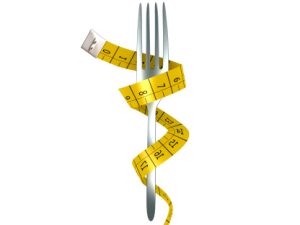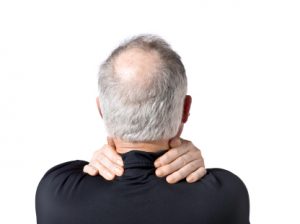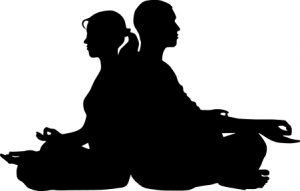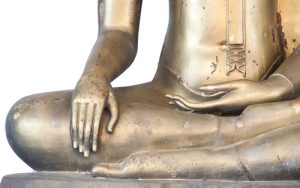Dreams are the subconscious mind actively sorting out things while the conscious mind sleeps. Dreams cover a wide variety of issues that the person deals with on a daily basis and helps resolve those issues. From a religious standpoint, some contend dreams can also be of a supernatural origin, but even within this theology, these would be rare circumstances. Science and psychology see dreams only as an internal response to external events while one sleeps.

How one dreams and the symbols within those dreams can be confusing. Some dreams are less important in processing, while other dreams can become more persistent in regards to unresolved issues. The more trauma and intense, the more intense the pushback within the dream. In this intensity, sometimes dreams can take a darker path and become nightmares. Those who experience PTSD usually also experience intense nightmares regarding the event and at more common rate that the regular population. The more recent the event, the more detailed, while the more processed the trauma, the more symbolic the dream may become.
Unprocessed and walled off trauma that is dissociated manifests in dreams. Sometimes, these dreams will create a different outcome or they will push a certain theme. Various symbols in the dream can haunt a person. Monsters, shadows, danger, being chased, being punished, re-threatened, trapped, abused or other physical injuries can occur in these types of intense nightmares. Most nightmares occur in the rapid eye movement of sleep which is later in the night. They are created through the anxiety and fear associated with the trauma.
Until trauma is faced, these dreams will continue to haunt someone. It is hence very important to try to understand what the mind is trying to tell someone regarding the trauma. Counselors suggest confiding to others about one’s dreams. Relate the setting, what happened, how one felt and the various symbols within the dream. It is important to ask how one felt, if one felt helpless or felt fear or shame to better understand what the mind is trying to communicate. Analyze the dream and attempt to see what one’s mind is trying to sort out. Does it relate to the past trauma? Does it relate to how one acted? Does it relate to how one feels about the event? Various symbols within dreams usually have deeper meanings. The monsters themselves have meaning if one looks to analyze the dream.
For example, monsters or being chased or attacked, usually indicates one is running away from something in life itself or is afraid to face something. This is why it is common in PTSD. Individuals are terrified to face or confront the “monster”. It is important to understand who the monster is before oneself in the dream
Injuries, or wounds in a dream indicate a feeling of weakness or powerlessness in one’s life. This again is common for victims who feel they have lost all power in their lives due to the attacker.
Falling is closely associated with those who feel they have no control in their lives. They do not feel like they are in command within their personal or work life.
Being trapped is another common symbol that expresses the need to escape from a bad situation.
Whatever the type of dream and its symbol, it is important to access what it means to you
Some counselors suggest in addition to confiding to another about the dream to imagine the dream at its most intense moment and relate, “It is just a dream”. Understand that it has no power over oneself. It is good to remind oneself before bed in this regard.

Also consider confronting the monsters in one’s dream. While awake, ask what do these monsters want? You can also confront the dream by creating an alter ending. Write or draw and discuss the new ending and see if it has any result. Dreams change as one better copes. Coping and facing trauma will indirectly affect one’s subconscious mind and help one process dissociated material that may be haunting one while one sleeps.
Before sleep, also practice deeper breathing and meditation, as well as Progressive Deep Muscle Relaxation strategies.
Dreams are what dominate one’s mind during sleep. When one is experiencing PTSD, the trauma will find a way to be expressed and sometimes dreams are the only outlet until one chooses to cope and deal with the issue itself. Learning to cope with PTSD, especially through dream management is critical to overcoming PTSD and helping the subconscious mind properly store the memory.
If you would like to learn more about Stress Management Training, then please review AIHCP’s Stress Management Consulting Program and see if it matches your academic and professional goals. The program is online and independent study and open to qualified professionals seeking a four year certification in Stress Management.
Some sources
“What Do Our Nightmares Mean?” Please click here
“10 Horrible but Common Nightmares and Their Meanings” Please click here
The Post Traumatic Stress Disorder Source Book : A Guide to Healing, Recovery and Growth by Glenn R. Shiraldi, PhD









